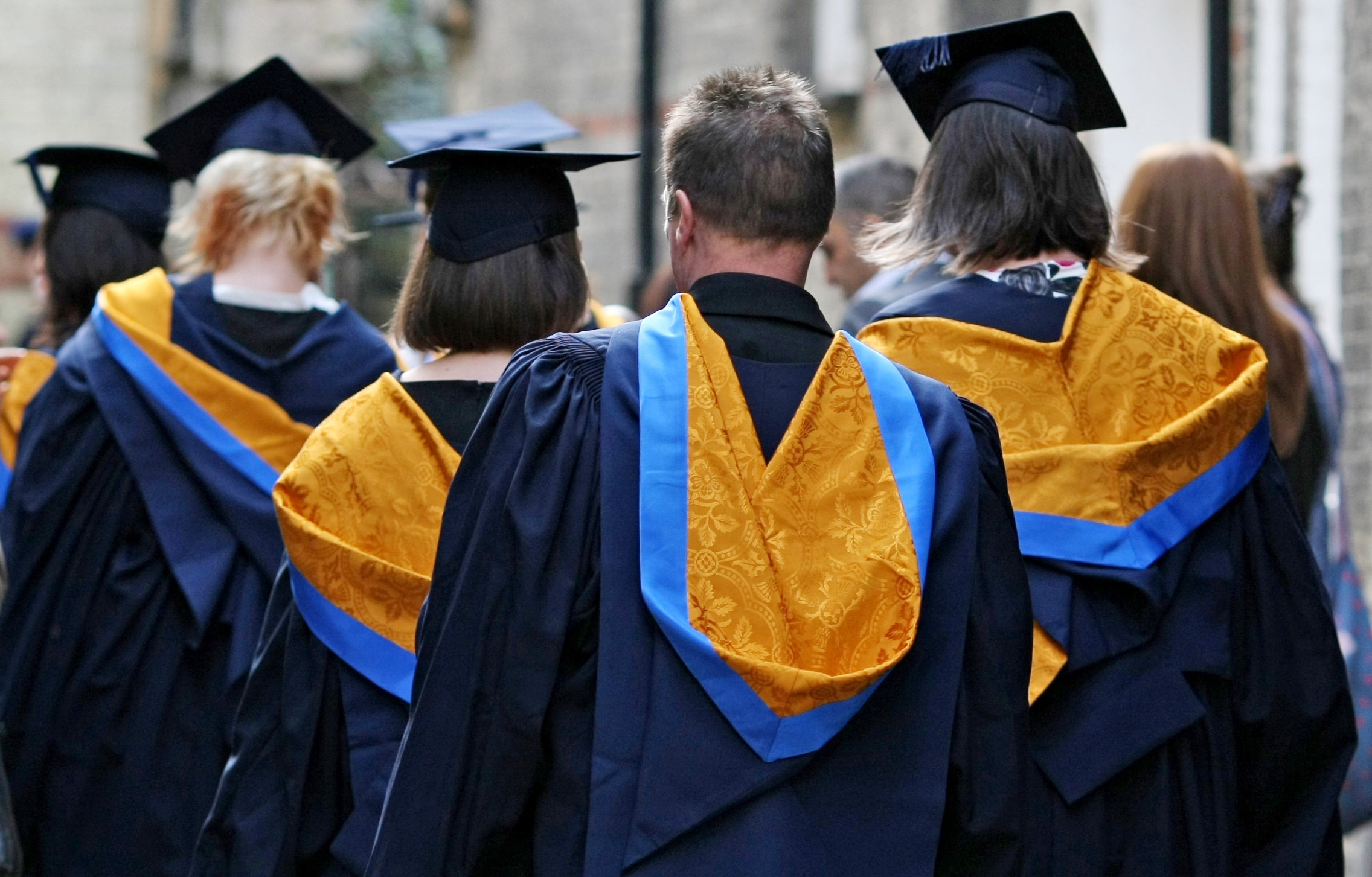UK universities are ‘soft underbelly’ for Chinese intelligence, says politician
An Australian senator told an audience in London he backs calls from MP Tom Tugendhat to close Confucius Institutes at UK universities.

Your support helps us to tell the story
From reproductive rights to climate change to Big Tech, The Independent is on the ground when the story is developing. Whether it's investigating the financials of Elon Musk's pro-Trump PAC or producing our latest documentary, 'The A Word', which shines a light on the American women fighting for reproductive rights, we know how important it is to parse out the facts from the messaging.
At such a critical moment in US history, we need reporters on the ground. Your donation allows us to keep sending journalists to speak to both sides of the story.
The Independent is trusted by Americans across the entire political spectrum. And unlike many other quality news outlets, we choose not to lock Americans out of our reporting and analysis with paywalls. We believe quality journalism should be available to everyone, paid for by those who can afford it.
Your support makes all the difference.British universities have been a “soft underbelly” for Chinese influence, a senior Australian politician has said.
Senator James Paterson, who chairs the Australian parliament’s intelligence and security committee, told an event in London on Friday that universities had been “naïve” in their engagement with authoritarian societies.
Speaking at the Henry Jackson Society, Mr Paterson said: “They haven’t really interrogated the dual use of some forms of technology and the way in which that could be used and they haven’t really thought very hard and very deep about why, for example, the People’s Liberation Army might be wanting to sponsor a PhD student in their faculty.”
He added: “I think ‘soft underbelly’ is exactly the way to describe it.
“I think they have been a soft target for foreign intelligence services, not just in China but in Australia’s case predominantly China.
“In addition to that security concern there’s also a real concern about universities being drawn away from their core mission and their core values as, particularly in free societies, open higher education institutions.”
The senator highlighted concerns that Chinese students were being watched, intimidated and censored by fellow students, preventing them from speaking out about issues in China.
He said: “Every university should be disturbed by that because it goes to the core of who they are, it goes to questions of freedom of speech on campus and academic freedom and I feel terribly sorry for those students who came, hoping to have a Western, liberal education who have really been cheated out of that in part because our universities haven’t been proactive enough in protecting their welfare.”
His comments reflect those of Tom Tugendhat, chairman of the House of Commons Foreign Affairs Committee, who has accused universities of sacrificing academic freedom in exchange for Chinese money.
Sen Paterson also backed Mr Tugendhat’s calls for the closure of Confucius Institutes at UK universities.
Portrayed as educational institutions offering culture and language classes, Confucius Institutes have been accused of acting as propaganda tools for the Chinese Communist Party.
The senator said: “I met Tom this week and we discussed this issue and I share his concerns.”
He added: “Should (universities) be comfortable hosting what is really a soft power, influence operation on behalf of a totalitarian government on their university campuses?
“Should they be comfortable with the fear that that strikes into the hearts of students who might come from mainland China but have dissenting views or might come from Hong Kong or Tibet or Xinjiang or elsewhere in the Chinese diaspora where they are very fearful of what that means for them.”